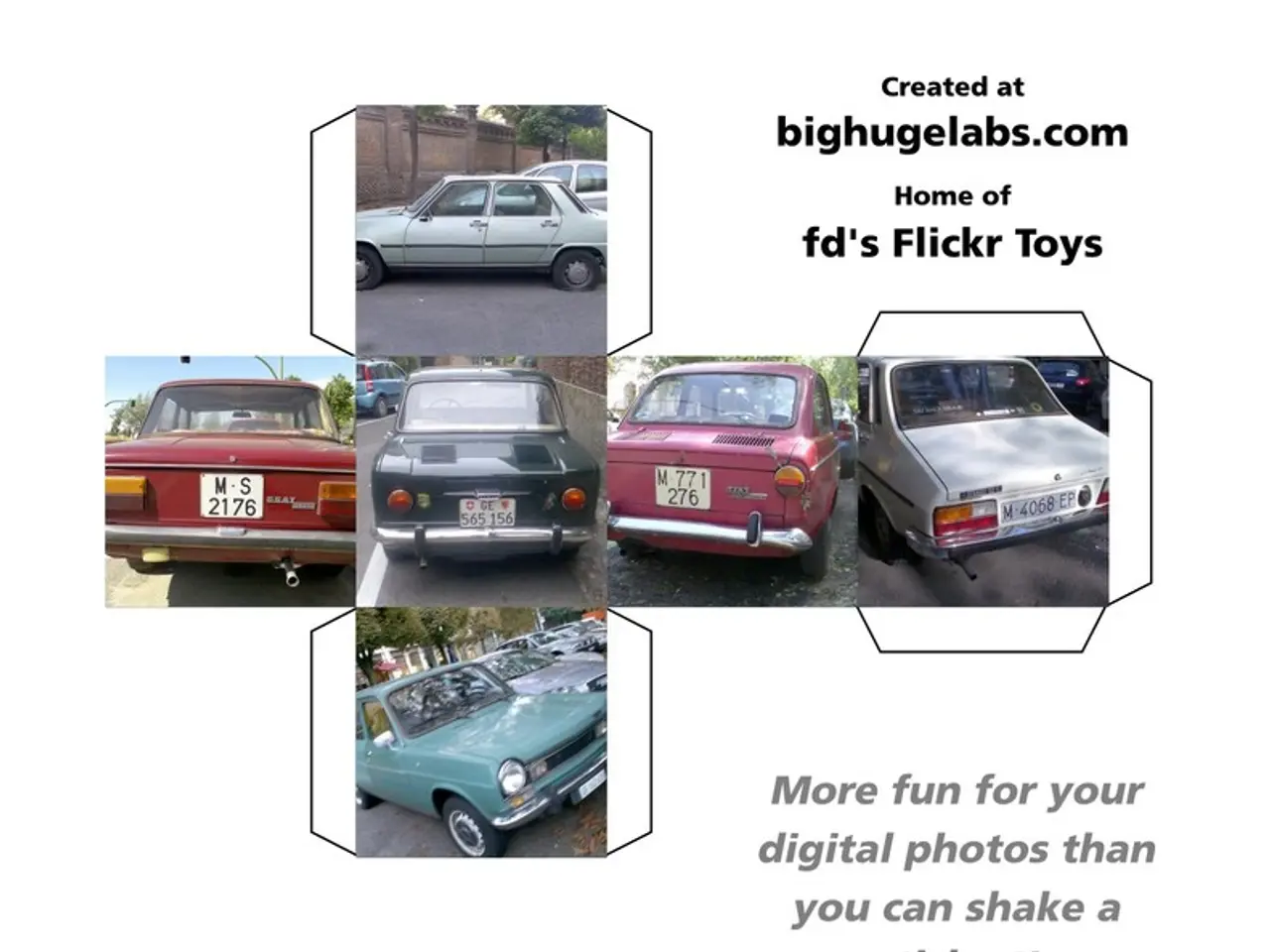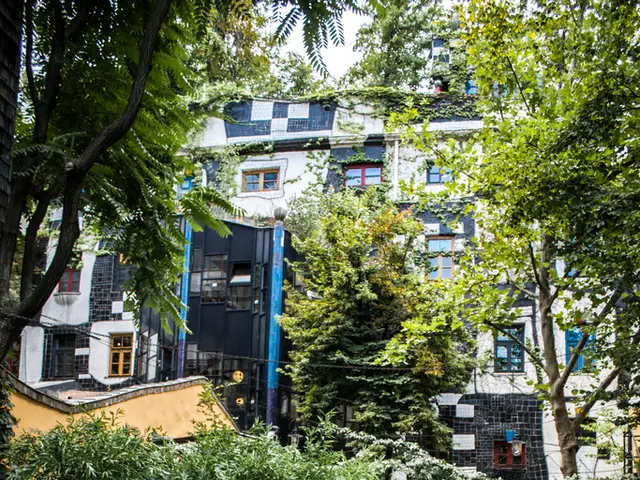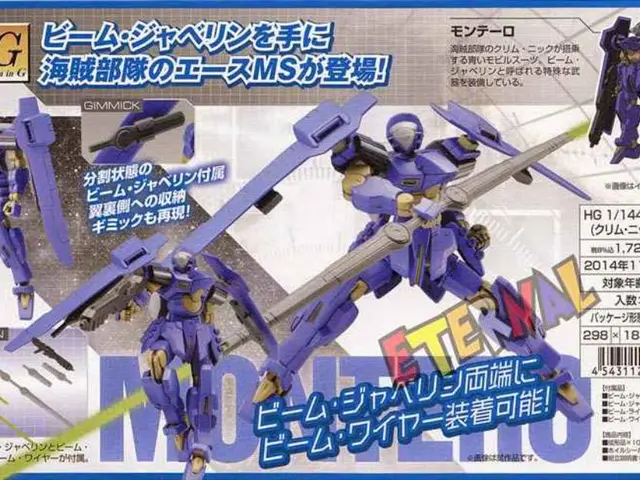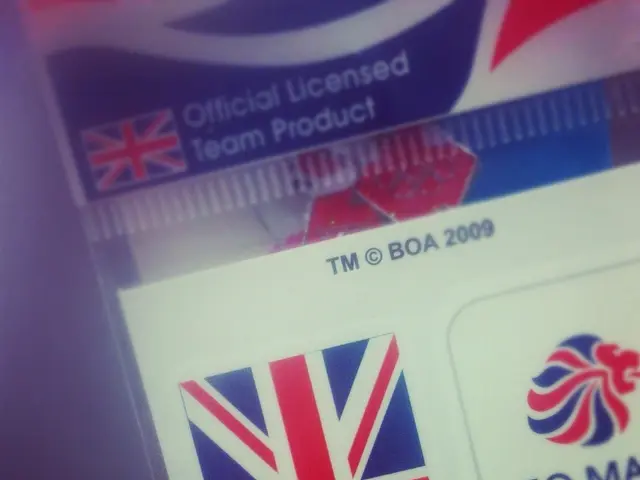White House receives warning from Tesla regarding potential repercussions of counter-tariffs
Tesla Faces Potential Tariff Challenges and Calls for Measured Approach
Tesla, an American electric vehicle manufacturer, is expressing concerns about potential tariffs on goods from Canada and Mexico, as well as on raw materials like steel and aluminum. These tariffs could significantly impact the company and the broader U.S. auto industry.
Raw Material Impact
The U.S. automotive industry heavily relies on imported raw materials such as steel and aluminum. In 2024, about 23% of U.S. steel imports came from countries including Canada and Mexico, while roughly half of aluminum supplies were imported primarily from Canada. Imposing tariffs on these raw materials would increase production costs for U.S. automakers, potentially making vehicles more expensive even if assembled domestically.
Tariffs on Vehicles and Trade with Canada and Mexico
The Trump administration implemented a 25% tariff on all vehicles assembled outside the U.S., effective April 2025. However, parts complying with the United States-Mexico-Canada Agreement (USMCA) rules are, for now, excluded pending regulatory process establishment. This exemption helps Tesla, which operates manufacturing facilities in the U.S. and benefits from tariff exemptions on parts under USMCA, as it reduces immediate tariff burdens on parts from Canada and Mexico. Nevertheless, prolonged tariff uncertainty may disrupt supply chains and increase costs.
Broader Trade and Market Access Effects
While tariffs on vehicles imported from outside the U.S. are high, recent trade deals like the Trump-EU 2025 agreement have reduced tariffs on European car imports from 27.5% to 15%, improving Tesla’s access to European markets. This contrast creates a complex trade environment where tariffs protect domestic assembly but also complicate sourcing and international expansion.
Tariff Concerns and Call for Measured Approach
Tesla has written a letter to the White House expressing concerns about potential retaliatory tariffs. The letter outlines Tesla’s concerns about the impact of these tariffs on its business and the broader U.S. auto industry. The letter warns that escalating trade policies could trigger countermeasures from other nations, making American-made vehicles less competitive on the global stage.
Tesla urges the White House to adopt a measured approach that mitigates unintended consequences for U.S. companies. The company calls for a "phased approach" that allows manufacturers to adjust to new trade policies while preserving competitiveness in international markets.
Challenges in Localizing the Supply Chain
Tesla has an aggressive localization of its supply chain, but sourcing certain critical components domestically remains a challenge. The company noted that certain raw materials, such as lithium, cobalt, and nickel, are scarce within the U.S. and difficult to obtain without relying on global supply chains.
Potential Impact on Consumers
The tariff could potentially lead to higher vehicle prices for consumers. A sudden cost increase in these parts could force Tesla to either raise vehicle prices or absorb financial losses. The tariff could potentially impact the competitiveness of Tesla’s vehicles in the global market.
The letter, dated March 11, 2025, was posted on the USTR Comments Portal. It is important to note that Tesla has the most American-made cars on the market, which could further complicate the trade discussions.
[1] Tesla's Letter to the White House [2] USTR Fact Sheet: USMCA
Read also:
- Events of August 19 unraveled on that particular day.
- IM Motors reveals extended-range powertrain akin to installing an internal combustion engine in a Tesla Model Y
- Ford Embraces Silicon Valley Approach, Introducing Affordable Mid-Sized Truck and Shared Platform
- Future Outlook for Tesla in 2024: Modest Expansion in Electric Vehicle Sales, Anticipated Surge in Self-Driving Stock








